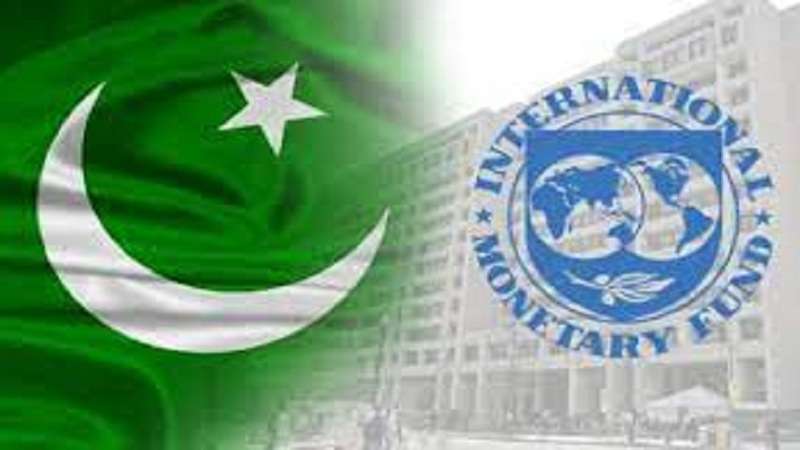Islamabad, November 20, 2025 – The International Monetary Fund (IMF) has raised concerns over Pakistan’s fiscal and governance framework in its Technical Assistance Report, November 2025, noting that tax policy changes are frequently implemented in an ad hoc manner without prior notice.
The report identifies systemic weaknesses across taxation, revenue administration, public financial management, market regulation, and oversight institutions.
Key Findings of the IMF Report
1. Tax Policy:
The report states that Pakistan’s complex tax system creates vulnerabilities to governance failures and corruption. Frequent ad hoc changes in tax policy, aimed at addressing revenue shortfalls, undermine consistency. Tax preferences managed by non-tax authorities, such as Special Economic Zones (SEZs), remain opaque and poorly monitored.
2. Revenue Administration:
The Federal Board of Revenue (FBR) operates with high autonomy but lacks robust internal control and audit systems. Management of critical risks, including data handling through Pakistan Revenue Automation Limited (PRAL), requires significant strengthening to improve accountability and efficiency.
3. Public Financial Management (PFM):
Despite improvements, Pakistan continues to struggle with weak budget credibility, resulting in governance vulnerabilities. Issues include inadequate protection of project funding, weak Single Treasury Account systems, overlapping debt management structures, and fragmented public procurement, which increase corruption risks and undermine fiscal discipline.
4. Market Regulation:
Regulatory bodies issue overlapping and unclear rules, with high compliance costs creating opportunities for favoritism and corrupt practices. Despite accountability mechanisms, systemic enforcement gaps persist.
5. Financial Sector Oversight & AML/CFT:
While oversight is generally sound, concerns remain over regulatory independence and state asset risks. Anti-money laundering and counter-terrorism financing frameworks have improved, but challenges remain in prosecuting corruption-related laundering and verifying beneficial ownership.
6. Rule of Law & Anti-Corruption:
Judicial inefficiencies, case backlogs, and fragmented court systems undermine enforcement of economic rights. Anti-corruption efforts are hindered by political influence, reliance on a single prosecuting institution, and limited proactive targeting of high-risk sectors.
The IMF report underscores that systemic reforms across taxation, public finance, market regulation, financial oversight, and judicial governance are critical for enhancing Pakistan’s fiscal transparency, accountability, and investment climate.
